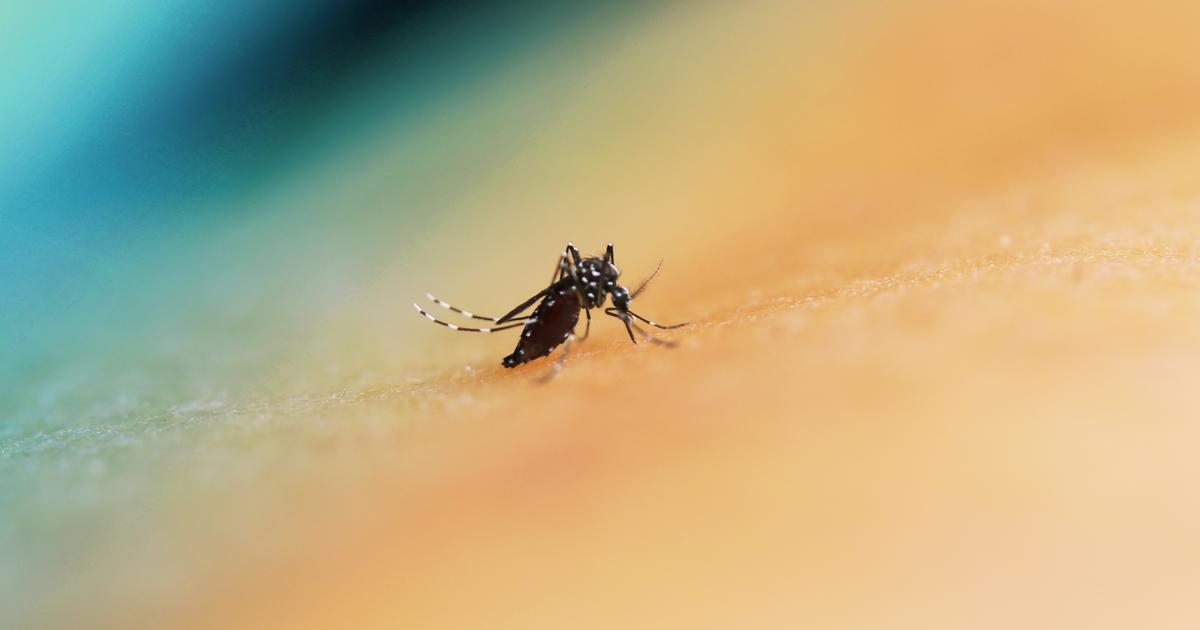- Empty cart.
- Continue Shopping
How to Protect Yourself from Mosquito-Borne Diseases

Mosquitoes, those tiny but notorious insects, can be more than just a nuisance. They are carriers of various diseases, such as malaria, dengue fever, Zika virus, and West Nile virus, which can have serious health implications. Protecting yourself from mosquito-borne diseases is essential, especially if you live in or are traveling to areas where these diseases are prevalent.
1. Use Mosquito Repellent
Applying mosquito repellent is one of the most effective ways to deter mosquitoes from biting you. Look for repellents that contain DEET, picaridin, or oil of lemon eucalyptus, as these have been proven to be highly effective. Apply the repellent to exposed skin and clothing, following the product’s instructions carefully.
2. Wear Protective Clothing
Dressing appropriately can provide a physical barrier between your skin and mosquitoes. Here are some clothing tips:
- Long Sleeves and Pants: Wear long-sleeved shirts and long pants to cover most of your skin.
- Light-Colored Clothing: Mosquitoes are attracted to dark colors, so opt for light-colored clothing.
- Tuck Pants Into Socks: If you’re in an area with a high mosquito population, consider tucking your pants into your socks to prevent mosquitoes from reaching your skin.
- Use Permethrin-Treated Clothing: You can treat clothing with permethrin, an insect repellent, or purchase clothing that is pre-treated with it for added protection.
3. Avoid Peak Mosquito Activity Times
Mosquitoes are most active during dawn and dusk. If possible, stay indoors during these times to reduce your exposure to mosquitoes. If you need to be outside, take extra precautions by wearing protective clothing and applying mosquito repellent.
4. Use Mosquito Nets
When sleeping in areas where mosquito-borne diseases are prevalent, use mosquito nets treated with insecticide. Ensure that the net is properly tucked in and covers your sleeping area completely to create a barrier between you and mosquitoes.
5. Eliminate Mosquito Breeding Sites
One of the most effective long-term strategies for reducing mosquito populations is to eliminate breeding sites around your home. Mosquitoes lay their eggs in stagnant water, so regularly inspect your property and:
- Empty Containers: Remove or empty containers that can collect rainwater, such as buckets, flower pots, or old tires.
- Clean Gutters: Keep gutters clean to prevent water from pooling.
- Repair Screens: Repair any damaged window or door screens to prevent mosquitoes from entering your home.
- Maintain Swimming Pools: If you have a swimming pool, ensure it is properly maintained and chlorinated.
- Change Bird Bath Water: If you have a bird bath, change the water regularly to prevent mosquito larvae from developing.
6. Use Fans
Mosquitoes are not strong fliers, and a well-placed fan can help deter them from landing on you. Consider using a fan on your porch or patio to create a breeze that keeps mosquitoes away.
7. Consider Mosquito-Proofing Your Home
In areas with a high risk of mosquito-borne diseases, you can take additional steps to mosquito-proof your home:
- Install Window Screens: Ensure that all windows and doors have screens to keep mosquitoes out.
- Use Bed Nets: If you have a mosquito problem indoors, use bed nets treated with insecticide to protect yourself while sleeping.
- Seal Cracks and Gaps: Seal any cracks or gaps in your home’s walls, doors, and windows to prevent mosquitoes from entering.
8. Stay Informed
Stay informed about the prevalence of mosquito-borne diseases in your area or any destination you plan to visit. Local health authorities and the World Health Organization (WHO) often provide updates and guidelines on disease prevention and outbreaks.
9. Vaccination (When Available)
For some mosquito-borne diseases, vaccines are available. If a vaccine is available for a specific disease, consider getting vaccinated, especially if you are in a high-risk area.
10. Seek Medical Attention if Needed
If you develop symptoms such as fever, headache, rash, joint pain, or muscle pain after a mosquito bite, seek medical attention promptly. Early detection and treatment can be crucial for certain mosquito-borne diseases like dengue fever.
Finally, Protecting yourself from mosquito-borne diseases involves a combination of preventive measures, including the use of repellents, protective clothing, and mosquito nets, as well as the elimination of mosquito breeding sites. By taking these precautions and staying informed about the risk of mosquito-borne diseases in your area, you can significantly reduce your chances of contracting these potentially serious illnesses. Remember that different regions may have varying risks, so adapt your protective measures accordingly, and consult with local health authorities or healthcare professionals for specific guidance.








